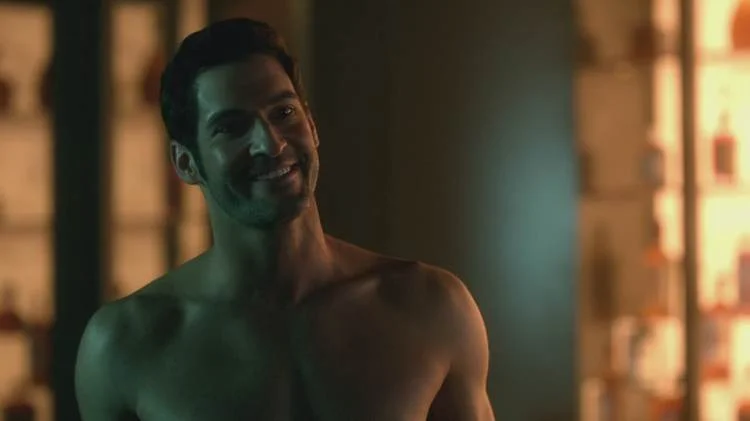City of Blades
Stop.
Go read Robert Jackson Bennett's City of Stairs. I'll wait.
...
...are you done?
OK, good. Now that you've read what was quite possibly my favorite fantasy novel of the last five years, we can discuss its sequel and the novel that may have supplanted it.
Because City of Stairs is a self-contained story, I had no idea Bennett was writing a sequel. Consequently, the day I discovered City of Blades existed, I immediately made a trip to Barnes & Noble to pick up a copy and added it to my list to read next.
Whereas City of Stairs was set in the old Continental capital of Bulikov, City of Blades focuses on the city of Voortyashtan - originally home to the goddess of war, moon, sea and, of course, death. The Deities are gone now, but Shara Komayd, now prime minister of Saypur, sends General Turyin Mulaghesh to investigate the death of one of Saypur's agents in Voortyashtan. Turyin then proceeds to walk into a huge mess and has to find a way out.
Let's stop there, because I've now twice mentioned the thing - or rather, person - that makes this book so amazing. Turyin Mulaghesh.
God, but we need more characters in fantasy and science fiction like Turyin Mulaghesh. She's a female general on the verge of retirement, and she's missing an arm. She's brash, swears copiously (seriously, there's an f-bomb on every other page) and just doesn't take shit from anyone. She's also got mental scars and trauma that won't go away, but she's a soldier with a heart of gold. She cares for those under her and views them as her children.
Turyin Mulaghesh was a scene-stealing minor character in City of Stairs, but in City of Blades, she's the whole enchilada. We get nearly the entire story from her point of view, and the narration is tremendous.
This is saying nothing of the secondary characters. While Shara is mainly off-stage, Sigrud and his daughter Signe both factor into the plot in a big way (though Sigrud takes some time to appear). Sigrud is as amazing as ever, though there are no giant sea monsters for him to gut from the inside here (a fact noted by Mulaghesh). There's also Lalith Biswal and Rada Smolisk, already in place in Voortyashtan when Mulaghesh arrives.
Next, let's talk about the plot. Now that Bennett has already introduced the world, the story moves at a much faster clip. City of Blades races along, with each chapter bringing new revelations. You'll have a hard time putting it down. This plot focuses much more on soldiers and war, as befitting the setting. Ultimately I have nothing but good things to say for the plot.
Where it starts to get deep is in the underlying philosophy. At its core, this book explores war and what it means to be a soldier. There's a lot of musing about whether soldiers give or take, about what distinctions (if any) should be made during a war, and the problems personality flaws like lust for glory can cause in a soldier. It's very deep and very well done.
Lastly, I'd like to say a quick piece on the world-building. I'm all about worlds in fiction; if you can create a good world and pair it with either a compelling character or a compelling plot, that's a recipe for a 5-star review from me. Bennett's world-building is stellar, grade-A stuff. Saypur and the Continent are so realistic. They have history, religion, culture...and everything is logical and fits together a puzzle. It's masterfully done, and I hope I can someday achieve the same results.
Now go read this book. What are you still doing here?
Grade: 5/5, serious contender for favorite book I'll read in 2016
Memorable Quotes:
““Yes. The river tribes wish to acquire new lands in order to re-locate their settlements and farmland. The only decent land available, however, belongs to the highland tribes - in fact, it’s the only arable land they possess. So this leaves the highland clans very upset. The sort of upset that makes you raid military rail shipments, steal a bunch of riflings and explosives, and go to war. The sort of upset that makes you pillage and burn settlements along territorial boundaries. The sort of upset that makes you put a bullet through the face of the previous commander of this damned region. That kind of upset.”
”That’s pretty fucking upset.””
““The word everyone forgets,” says Mulaghesh, “is ‘serve.’”
”Serve?”
”Yes. Serve. This is the service, and we soldiers are servants. Sure, when people think of a soldier, they think of soldiers taking. They think of us taking territory, taking the enemy, taking a city or a country, taking treasure, or blood. This grand, abstract idea of ‘taking,’ as if we were pirates, swaggering and brandishing our weapons, bullying and intimidating people. But a soldier, a true soldier, I think, does not take. A soldier gives.”
”Gives what?”
”Anything,” says Mulaghesh.”







